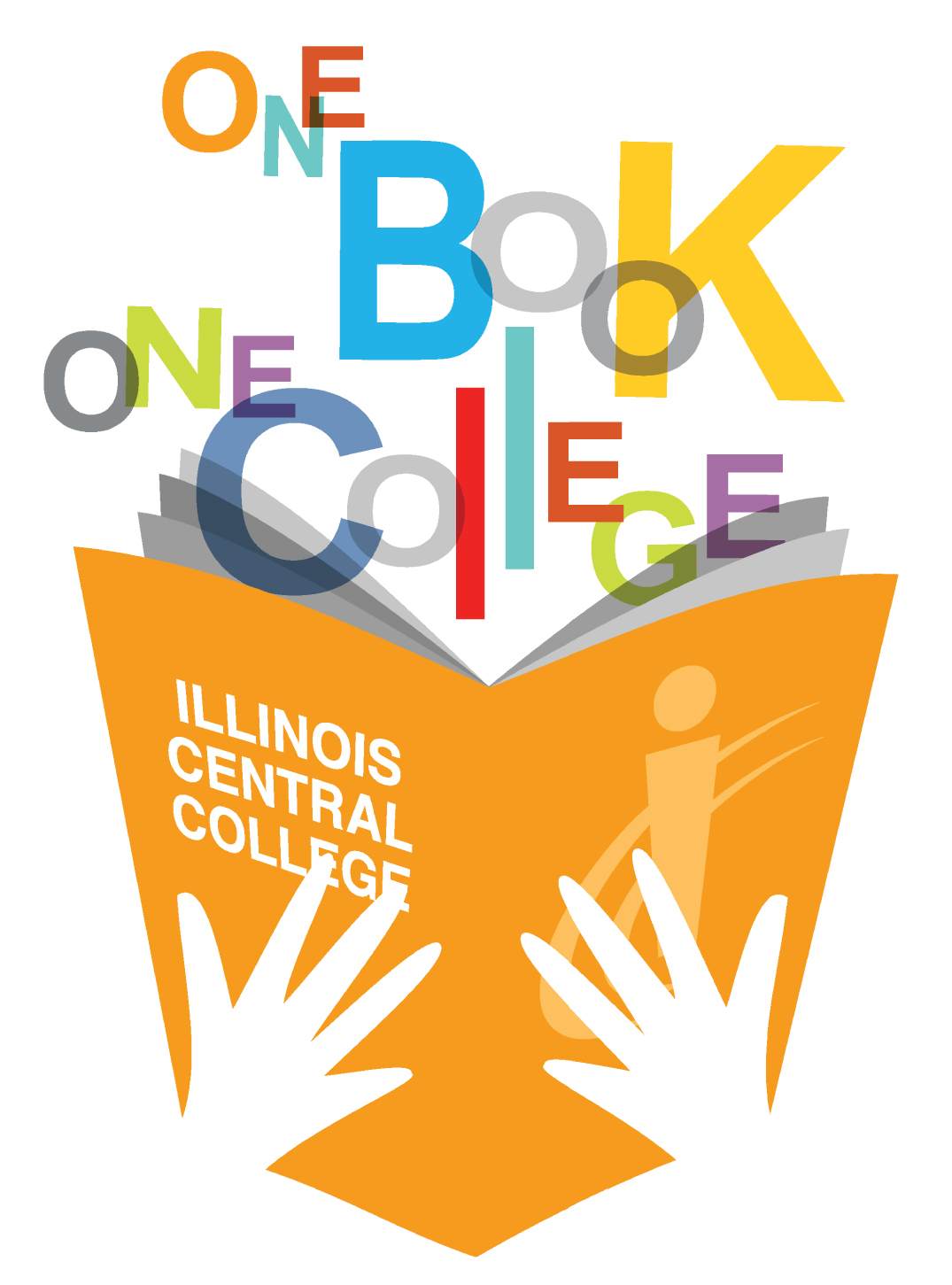One Book, One College: Cold
By Quest Dobbelaire, 9/17/19
Steven Johnson’s book explores six of the most influential innovations to modern society and their impact on human life, citing improvements in cleaning, time-keeping, cooling, sound, glass, and light technology.
Following the kick-off event September 5th, September 17th marked the first chapter-oriented panel discussion of this semester’s One Book, One College series. Tuesday’s panel revolved around Chapter 2, “Cold,” of How We Got to Now.
Led by ICC’s own professor of HVAC/R technical studies Brian Weaver, the chapter highlights how humanity has utilized and adapted to cold for centuries.
Weaver is an ideal candidate to dissect this topic due to his background working with and teaching about heating, ventilation, air conditioning, and refrigeration systems. The expertise he possesses helps us understand the science behind how cooling innovations have improved life. Due to the introduction of manufactured ice, refrigerators, and refrigerated transportation, our concept of food storage, transportation, and levels of consumption have dramatically improved.
Ice and freezing meat have saved producers large portions of their yield that may have previously been lost in transporting fresh meat to market. Weaver touched on how freezing is a delicate science of avoiding over freezing which leads to freezer burn and allowing wares to spoil from under-freezing.
Thanks to Frederick Tudor, the Ice Trade in the 19th & 20th Centuries, America was economically reshaped by the “King of Ice” and the innovations he brought Weaver credits.
Finally, Professor Weaver also talked about the scientific developments surrounding the improved understanding of heating and cooling, such as the laws of thermodynamics and Boyle’s gas laws, and how these innovations have led to advancements in the medical field in organ preservation and slowing the spread of germs.
The next One Book, One College discussion is Monday, September 30th at 11:30 AM in the East Peoria Campus’ Library Conference Room 307. It continues the discussion examining sound innovations as a progressive technology.

